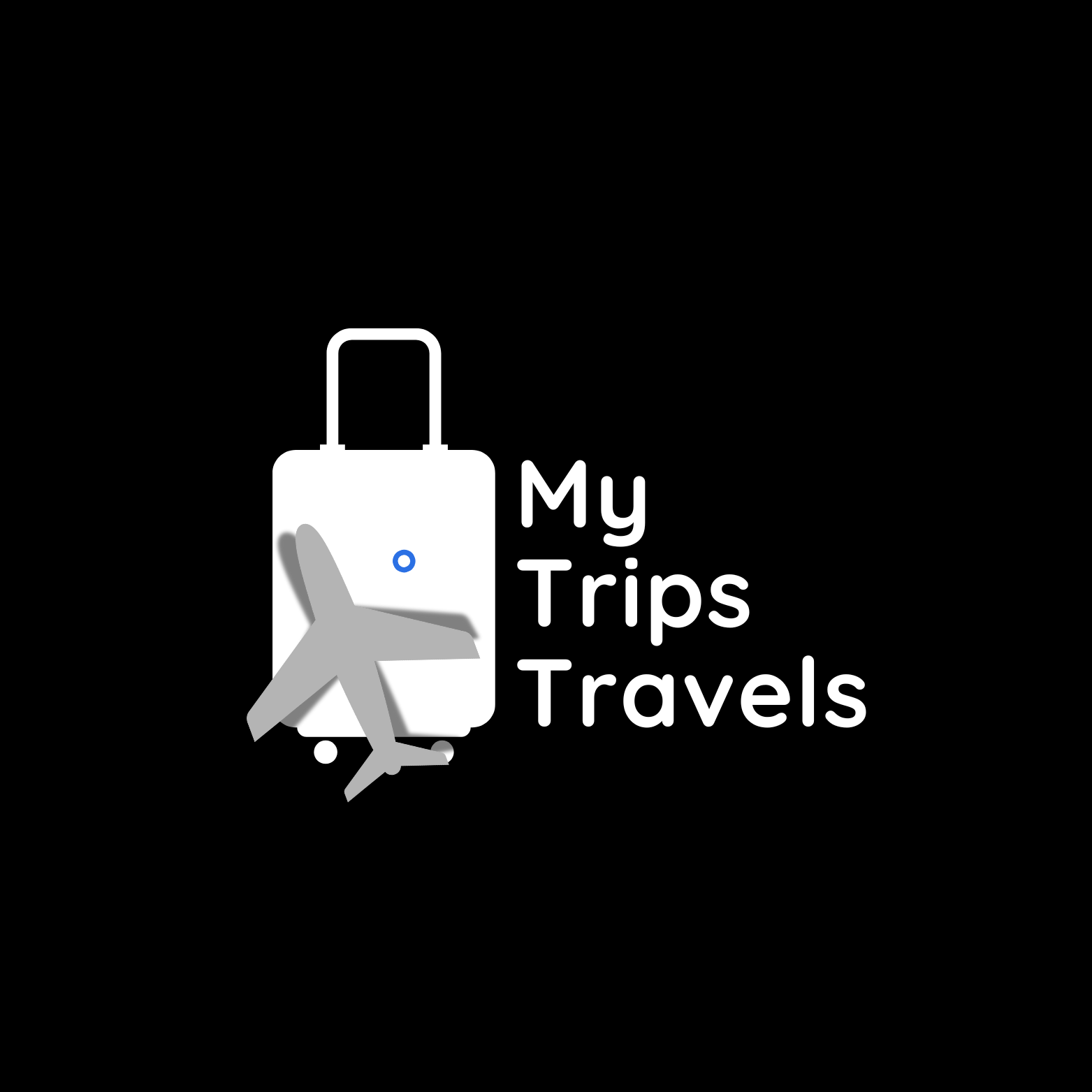Travel Bubbles Explained: What They Are and When They Apply
In recent years, the concept of travel bubbles has become increasingly important for international travelers. As countries navigate through global disruptions such as pandemics or political instability, travel bubbles provide a solution that ensures safety without completely shutting down tourism.
If you are a frequent flyer or someone planning a travel trip, understanding travel bubbles can help you plan smarter and safer journeys.
Let us explore what travel bubbles really are, how they function, and when they typically apply. For peace of mind and easy assistance, choose travel agencies with best Customer Service so you can ask questions, resolve issues, or even Call Now for real-time updates.
What Is a Travel Bubble?
A Mutual Travel Agreement Between Countries
A travel bubble, sometimes called a travel corridor or safe travel zone, is an agreement between two or more countries to open their borders exclusively to each other. This arrangement allows people to travel freely between these locations without the need for quarantine or extended travel restrictions.
These agreements are typically based on the mutual trust of safety standards. Both countries involved must have controlled situations such as a health crisis or security concern. This setup ensures that the risk of importing new threats remains minimal while allowing tourism and business to continue.
When Do Travel Bubbles Apply?
In Times of Crisis or Controlled Risk
Travel bubbles are usually introduced during times when widespread travel bans are in place due to emergencies like pandemics, natural disasters, or political tensions. Governments use these agreements to keep their economies moving and their citizens connected with minimum exposure to risk.
For example, during the global health emergency of 2020, countries like Australia and New Zealand introduced a travel bubble to allow quarantine-free travel due to their similar levels of virus control. It helped people reconnect with loved ones, supported air ticket booking, and boosted tourism revenues at a time when the industry was suffering globally.
How Travel Bubbles Help Travelers
A Safe and Simplified Journey
If you are planning a trip flight, travel bubbles can provide a more predictable and comfortable experience. They eliminate the need for excessive documentation, testing, or quarantine upon arrival. This makes it easier to plan your itinerary, save time, and reduce the stress associated with unexpected travel rules.
Many platforms such as Priceline and Expedia Flights started offering tailored options and alerts during travel bubble announcements to help travelers stay informed. These arrangements created a more reliable system for booking flight tickets without worrying about sudden cancellations or changing entry regulations.
Economic Impact of Travel Bubbles
Supporting Airlines and Local Tourism
Travel bubbles not only benefit individual travelers but also support the airline and hospitality industries. Airlines resumed selected airline flight schedules through these corridors, allowing businesses to maintain routes and keep staff employed.
Tourism-dependent countries witnessed a much-needed revival through bubble agreements. Travelers looking for cheap travel options found greater flexibility and affordable travel deals within these permitted zones.
These agreements also helped airports, hotels, local guides, and other businesses continue to function during uncertain times, especially when international travel was nearly at a halt elsewhere.
Booking Within a Travel Bubble
Things to Keep in Mind
Before you Book Flight tickets under a travel bubble agreement, check the latest guidelines from official government websites or reliable travel portals. Even within these arrangements, travelers must often meet certain conditions, such as pre-departure testing, vaccination records, or contact tracing apps.
Always use trusted platforms to make your bookings. Some services like Delta Tickets provide excellent options for destinations within travel bubbles and may also include flexible rescheduling policies.
Are Travel Bubbles Still Relevant Today?
Yes, But They Are Evolving
While many global restrictions have now eased, travel bubbles remain a valuable tool for specific circumstances. Countries continue to use them for temporary arrangements during local outbreaks or security risks. As travelers, staying informed about these temporary zones can help you act quickly and make smart decisions.
Platforms that once promoted these bubbles are now evolving, offering hybrid options that mix bubble-approved destinations with general access countries. This shift helps travelers enjoy wider choices while remaining aware of real-time restrictions.
Conclusion
Travel bubbles are more than just a temporary solution. They reflect how countries adapt to global challenges while keeping movement possible and safe. For travelers, understanding these agreements is essential for smoother planning and confident travel decisions.
Whether you are booking through Priceline, looking for the best travel deals, or navigating flight options with Expedia Flights, knowing about travel bubbles can help you choose wisely. They ensure a safer and more predictable journey, especially during unpredictable global events.
So next time you plan your getaway, stay informed, choose safe destinations, and make your bookings with confidence. A smarter journey always begins with the right knowledge.

